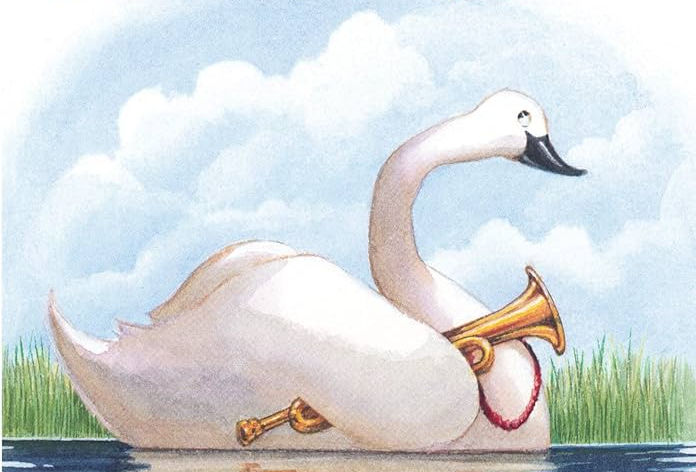Cannae
- Joe

- Oct 22, 2020
- 4 min read
Updated: Aug 22, 2023
The book I'm reading now was given to me by a friend, and it's called Carnage and Culture. It looks at nine battles where 'western' armies faced off against non-western foes, while testing a hypothesis that the very culture of western civilization makes its societies better at waging war. This involves ideas tracing back to ancient Greece and Rome like consensual government and civic militarism which affect the morale of individual soldiers, the decision making ability of armies and the manpower of governments. It's an interesting theory.
The first three battles take place in the ancient world, though today I want to focus only on the battle of Cannae (216 BC). It was important for two reasons, first in the history of warfare and military tactics, and second in the history of Rome and developing western civilization. We probably need a birds-eye view of the ancient Mediterranean to start.
8th century BC (800-701) - Greek city-states begin to form, some utilize direct democracy
509 BC - Founding of Roman Republic
431-404 BC - Peloponnesian War, Sparta overthrows Athens for Greek supremacy
336-323 BC - Alexander of Macedonia ('the Great') rules Greece and conquers Persia
387-272 BC - Rome expands to control Italian peninsula
264-146 BC - Punic Wars between Rome and Carthage, a prevalent Rome extends power
146 BC - Battle of Corinth, Rome assumes control over Greece, ending its independence
44 BC - After civil war and being declared dictator for life, Julius Caesar assassinated
27 BC - Augustus (great nephew of Julius Caesar) becomes first Roman Emperor
~30 AD - Jesus crucified in Jerusalem
27 BC-180 AD - Pax Romana
That's more than enough. Back to Cannae, which happened during the Second Punic War between Rome and Carthage. The two powers were vying for dominance in the western Mediterranean. By 216 BC, military genius Hannibal Barca had crossed the Alps (with elephants!) into Italy and already defeated the vaunted Roman legions twice. At Cannae he threatened the existence of the republic itself.
It's estimated that about 70 thousand Roman soldiers faced off against maybe 50 thousand Carthaginian aligned troops under Hannibal. The Romans were mostly 'citizen-soldiers' with elected commanders and were the cream of their society. They faced a very heterogenous veteran mercenary army. Planning to take advantage of superior numbers, the Romans confidently charged the opposing center. Whether planned or lucky (quite a debate), the middle of Hannibal's line bent back while his flanks and calvary, his elite forces, encircled the Roman column and systematically annihilated them. Only those not engaged, like camp guards, survived. Hannibal lost only around six thousand men. It's still studied as ideal execution of double-envelopment and is viewed as the perfect defeat of an enemy army. The battle also took place in a single day, making it one of the bloodiest in the history of war.
The Romans certainly made mistakes. At the time the army had two leaders that switched off days in command, and in this case disagreed on strategy. Hannibal was able to induce total commitment, without reserve, to his center where he himself fought and could best hold the line. The Romans had never before made their formations so deep or inflexible and once engaged the vast majority of the legionaries couldn't even meet the enemy, trapped by a mass of friendly soldiers before getting squeezed on all sides and slaughtered.
If you didn't know this battle already, it may be surprising the topic is a major Roman defeat. That's kind of the point. A total loss of an army would be devastating in any war. This army, stunningly huge for its time, was created solely to deal with the threat of Hannibal and left Rome with nothing in the immediate aftermath. On top of tens of thousands of military age men, untold numbers of experienced military leaders and cultural elites were lost as well. What made Rome special however, and an exemplar of the west, was that this crushing defeat did not result in the end of the war or their society at large. Instead, it spurred them to learn (maintain flexibility in formation), adapt (more widespread citizenship), and raise new legions to continue the fight. Within a year a new army was in the field with the respect and blessing of Roman citizens who felt a civic duty to protect their way of life. The Carthaginians could never replicate this, even home in Africa. The effective manpower of Rome was on display and a single defeat, no matter how onerous, would never be their end.
I had wanted to learn more about Cannae well before starting this book, after hearing about it a couple of times the past few years. Obviously I just finished a big Napoleon biography and his greatest victory, Austerlitz, is often thought to be a comparable tactical masterpiece. Like Hannibal, Napoleon was able to get a sizable enemy commitment by feigning a weakness in his line. He plugged it with late arriving troops before proceeding to flank and punish the Allies. Napoleon did not fight to annihilation of course. The sizes of the armies were even relatively comparable to Cannae, which is mind-boggling considering the 2000 years that separate them. The other was HBO's Game of Thrones, with The Battle of the Bastards supposedly influenced by the ancient clash. This is not a great comparison however. While the Bolton army gets Jon Snow to commit, and succeed in surrounding him, they also greatly outnumber the mostly wildling forces and didn't require superior tactics to pull it off.
Anyway, that's Cannae, one battle you should've heard about. And if not, now you have.








Comments